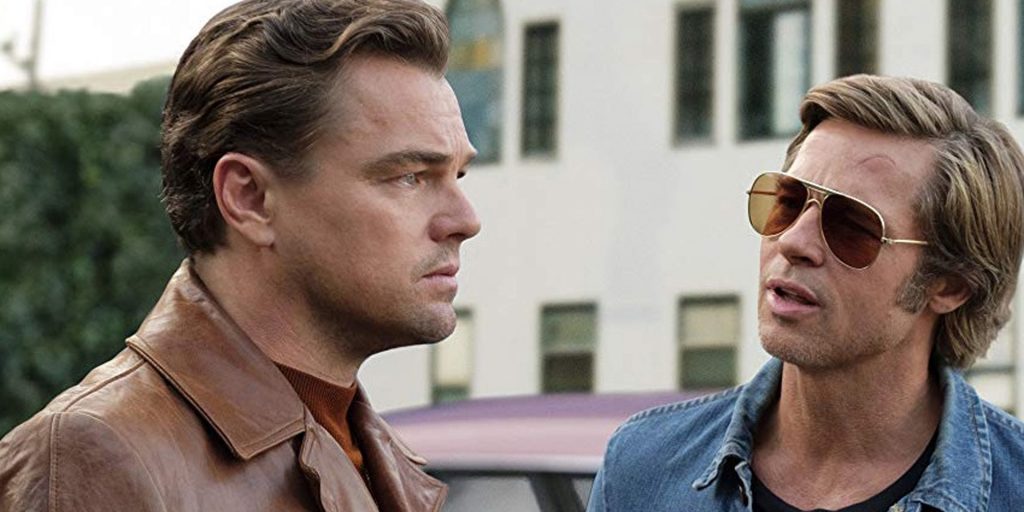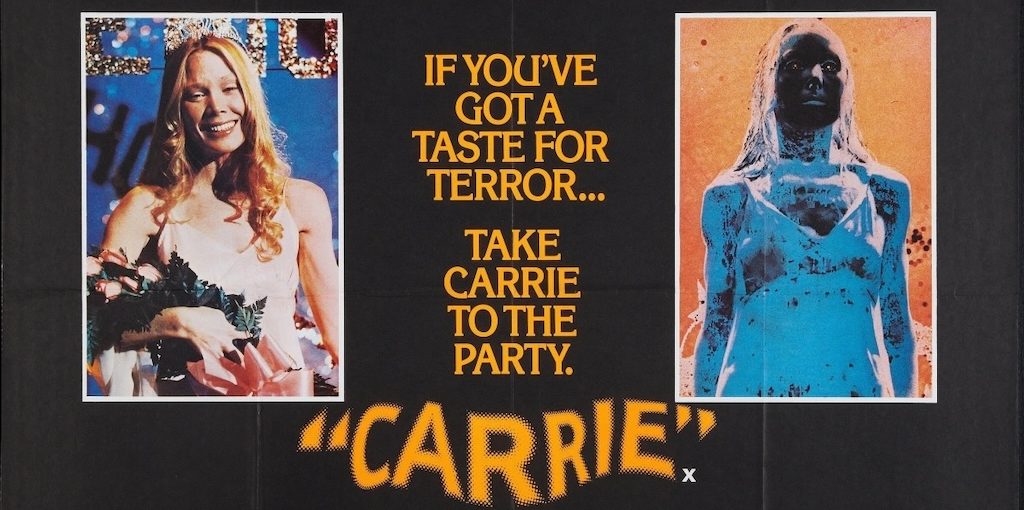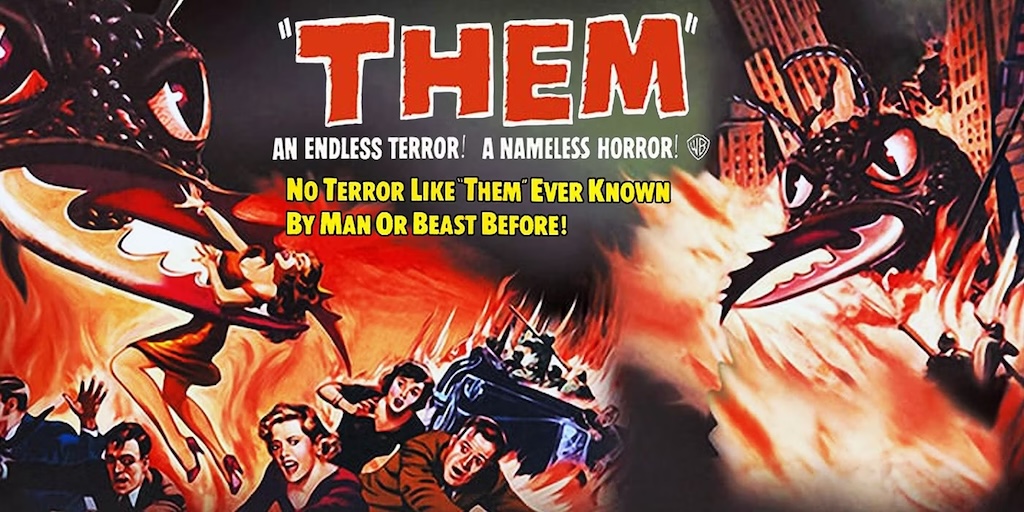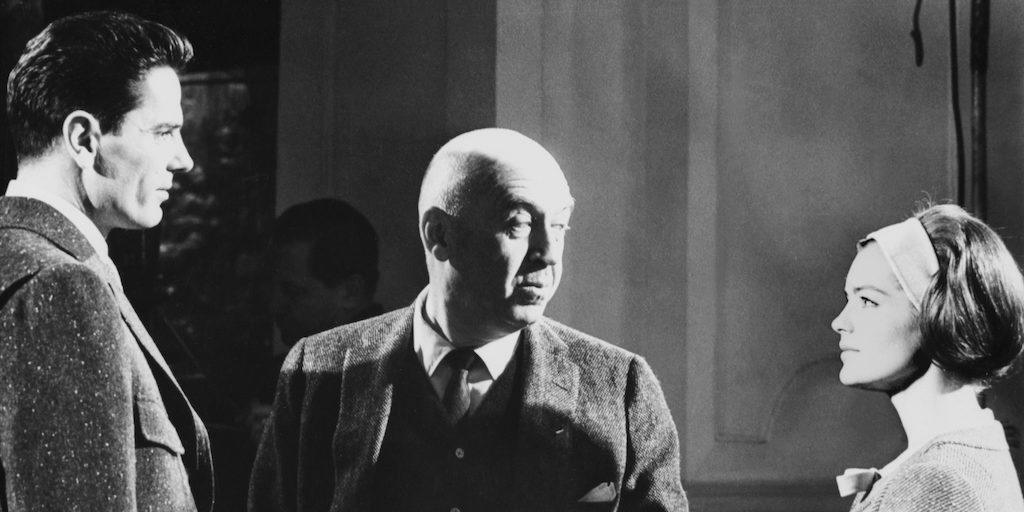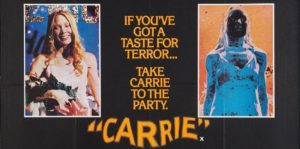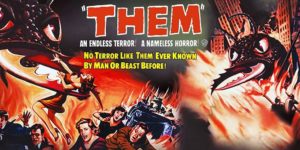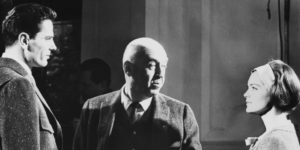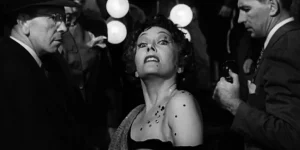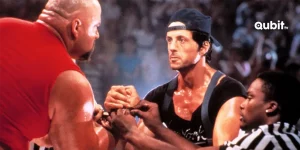STUNT DOUBLE
They say that when Tarantino presented Once Upon a Time… in Hollywood at Cannes, he asked the audience not to talk about the film in order not to ruin the pleasure of future viewers. I don’t know if anyone followed the advice, but it so happened that last Tuesday I arrived at the Buenos Aires press screening (there was a crowd!) without knowing anything about the film. Well, I only knew that Tarantino had directed it and that it had something to do with the crimes of the Manson clan. That is, I saw it exactly in the conditions that the director intended. But that’s why I spent the entire movie fearing Sharon Tate would be murdered on screen. And I was afraid I’d end up seeing that. If I had known that the very beautiful Sharon, played by the very beautiful Margot Robbie does not die because the film takes another path and builds a parallel reality as if it were a sequel to Back to the Future, I would have enjoyed it more.
The funny thing is that, once the film establishes its own narrative and puts the fictional neighbors of the Polanski marriage at the center instead of the ill-fated victims and their sinister executioners, the ending is logical and it is not important whether it is revealed or not. However, there is something that should be revealed, so that the viewer is not deprived of an important moment in the film. It is something that happens during the titles that the friends I sat with on Tuesday did not see because they fled without anticipating that Tarantino had a message prepared for them. I stayed as I always do to see the list of songs, which in a Tarantino movie are always many and important. But I couldn’t read it since they were passing very fast and occupying only the left part of the screen. On the right, Rick Dalton (the character played by Leonardo DiCaprio) was filming a cigarette commercial. In the end, he throws out the one he is smoking, says it is shit, criticizes the poster with his image and mistreats the members of the production. There is an old urban legend that also circulated in Argentina, about a well-known announcer who advertised pills on live television and, when he thought the director had cut, threw out the pill and emitted a loud Puaj! that went on air. But you are very young and you must not have heard of the days when announcements were made live.
Actually, Tarantino may not have witnessed that time either, as much as television plays an important role in Once Upon a Time… in Hollywood, as the film is set at a time when the film industry was very linked to television series and professionals (in particular second-line ones like Rick Dalton), went continuously from one medium to another (something similar happens now). Anyway, that scene from the commercial is more than one of those gags that are usually included as a bonus track in the middle of the titles. It’s more of a comment on the movie’s own relationship with the outside world: in the fiction of the ad, Red Apple cigarettes are fabulous, while in reality they leave a terribly unpleasant feeling, like the one left by the gang’s crimes by Charles Manson.
But there is something deeper here, which has to do with the film´s moral approach. It is something that becomes clear to me as I write. Perhaps a good film is one in which the virtuosity of the production reveals a morality that is not previously established but arises from its own materiality. There is no doubt that this is a virtuous film, full of delicious moments and hilarious scenes. And that, in addition, achieves a reconstruction of Los Angeles in the sixties that highlights the failure of Paul Thomas Anderson in the adaptation of Inherent Vice, the novel by Thomas Pynchon. Tarantino achieves the miracle of recreating a unique moment in American history even though his concern is not history but the history of cinema.
The protagonists of Once Upon a Time are two charming tarambanas. Rick Dalton is an actor in a low professional point, alcoholic, vain, hysterical, cowardly in a physical sense, but also in relation to his career, since the guy is talented, as the manager played by Al Pacino so gracefully makes him notice, like the child prodigy who is his companion on set. Dalton prefers to sink into increasingly secondary villain roles because he does not have enough brains to get out of his provincialism. His better half, Cliff Booth (a brilliant Brad Pitt), is his stunt double, his chauffeur and his babysitter. He is not his lover because male camaraderie has its codes (as José Miccio explains well in his review of Reservoir Dogs for this dossier). But above all, he is the part that Dalton lacks: Cliff is brave and he does not care about success or failure. While he is a bully, he has the western hero ethic that Dalton lacks, and he makes no mistake when choosing his adversaries.
Here you have to take a classic leap from criticism, accompanying the abyss that always appears when a movie is about movies. We know, because Tarantino tells us all the time and underlines it at the end, that Dalton is not to be confused with the characters he plays (although people, almost to his surprise, admire him for them). But Dalton and Booth, the characters of a particular fiction, must also be distinguished from their place as archetypes of human comedy that Tarantino always wants to describe, even if he doesn’t always succeed. But this time he manages to make his description of the world more articulate and clearer as he points to another scenario, which is that of cinema in the era of political correctness. Tarantino had been making a series of films that could be called “revenge for the victims.” It took a persecuted minority and endowed it with the elements to defend itself against its oppressors: women against the chauvinists, Jews against the Nazis, blacks against southern slaveholders. However, his previous film, The Hateful Eight, was less Manichean and the line was broken: all the characters were bad in their own way and even those who proclaimed themselves as victims could be executioners. But now, Tarantino finds a synthesis that is more honest: the victims that Once Upon a Time sets out to vindicate are his colleagues.
In Once Upon a Time… in Hollywood, the good guys are the actors, the directors, the producers, the agents, the technicians, the stuntmen. Not that they are perfect. Far from it, they are great fools and extremely frivolous. They are capable even of tremendous villainy, like the one Cliff probably committed by murdering his ex-wife. In a flashback that made me think of the death of Natalie Wood (perhaps killed by Robert Wagner), the character is seen arguing with her ex on top of a boat. The woman is a harpy and we later learn that her colleagues believe Cliff killed her even though he was not convicted. There is no greater offense to the cause of Me too than that scene and the fact that the alleged femicide is the great hero of the film.
But the evil that can be committed by an individual, Tarantino seems to say, will always be less infamous than the evil committed by a group. In particular, the Charles Manson sect, the hippies who left the Flower Power to murder Sharon Tate and her friends. At the end of Once upon a time… in Hollywood, a dark double and his friends (who don’t even understand the cause of the attack) defend themselves against a gang that claims the right to exterminate them (as one of its members says), “because they taught us to kill in every television series that was not I love Lucy.”
I think that underlies Tarantino´s idea that this apocalyptic and sectarian morality is the one that has come to rule today in Hollywood. At that point the director’s cinephilia intervenes or, rather, reaches its utopian dimension, and claims to be understood as something much more important than a hobby or an encyclopedic accumulation. Because cinema, Tarantino tells us, even that second-hand cinema that is television is capable of producing beauty. And that redeems those who collaborate so that beauty is produced. The world of show business, the world of the two charming fools who star in the film, can be fatuous, grotesque, cruel, reactionary, ignoble. It is the world in which Polanski seduced Sharon Tate (and some minors) as has happened in Hollywood since Charles Chaplin and Fatty Arbuckle. That futile and sinful world, so well represented at the party at the Playboy mansion to which Sharon Tate is so happy to be invited. Tarantino shows Margot Robbie as an angel, enjoying her own movie in a theater. Her dazzling beauty, her perfect naivety are cinephilia itself, because the cinephile lives to treasure those moments that only happened on screen. Those moments that are completely out of reach for members of the Manson clan, as drug addicted and promiscuous as the counterpart to the movie stars they hate. In the absence of that understanding, they are convinced that they have the right to exterminate “those pigs” for ideological reasons.
Against them, against their stupidity, their ugliness and their superlative evil the violence of the film is directed. But unlike the Nazis and Confederates, who were ultimately defeated by history, it is possible that Manson’s disciples had their way, and cinema as a whole is condemned as a demonic art in an era where the world has stopped believing in the devil. Tarantino may have set out to leave a testimonial that a screen can still articulate freedom and beauty. But doing so carries risks, something no one understood when Sharon Tate and her friends were murdered in Roman Polanski’s home. So the world was still young.
![]()
(United States, United Kingdom, China, 2019)
Script, direction: Quentin Tarantino. Cast: Leonardo De Caprio, Brad Pitt, Margot Robbie, Emile Hirsch, Timothy Olyphant, Austin Butler, Dakota Fanning. Production: David Heyman, Shannon McIntosh, Quentin Tarantino. Length: 161 minutes.

